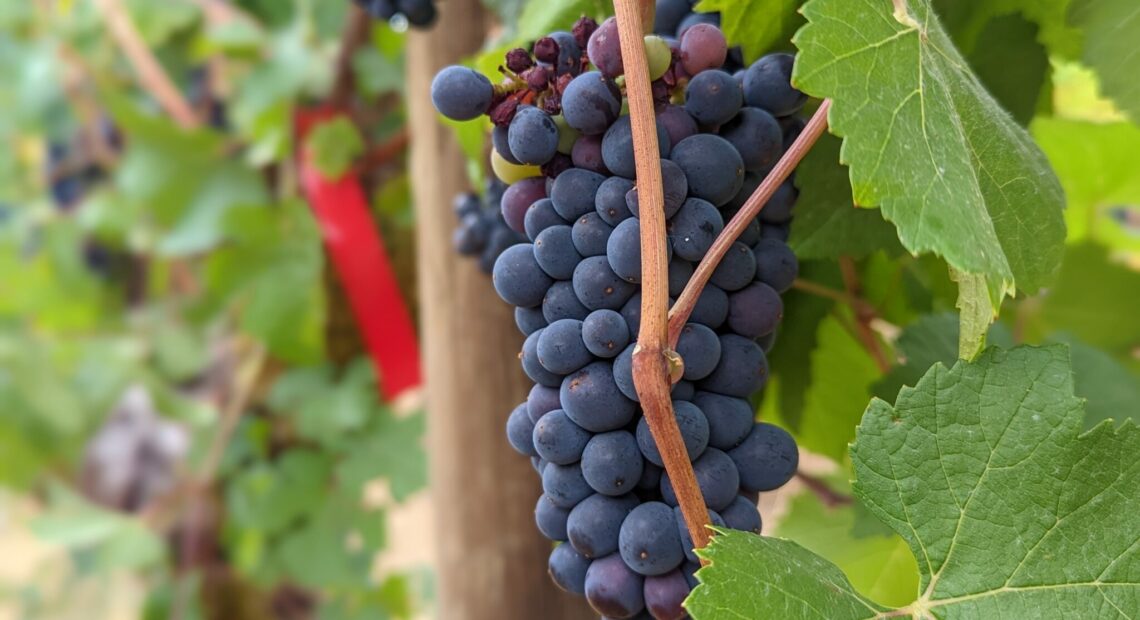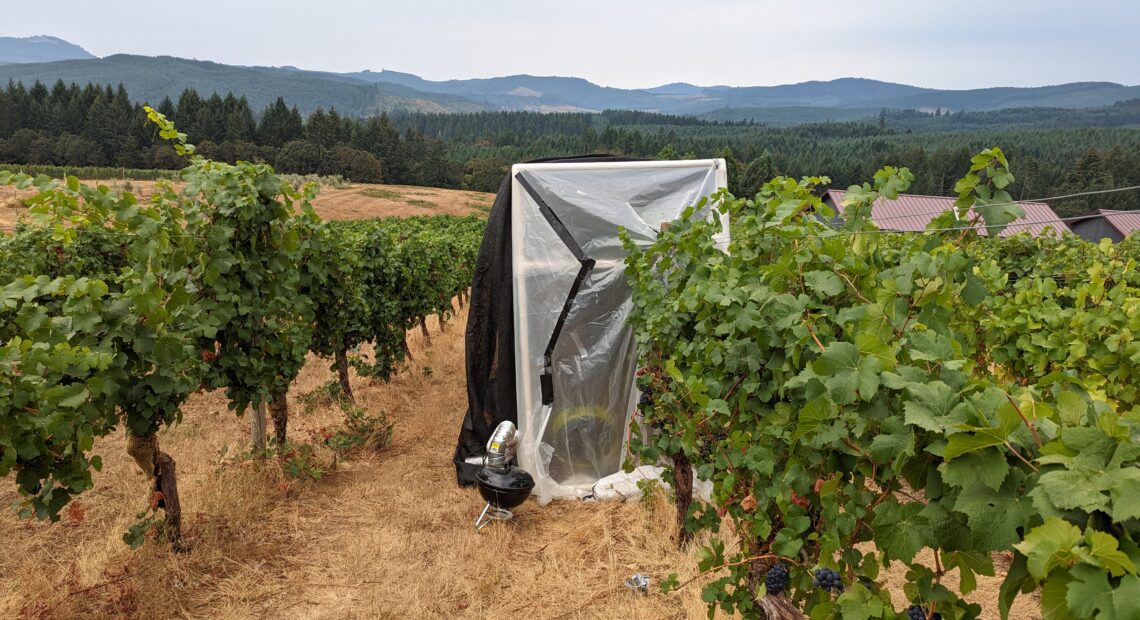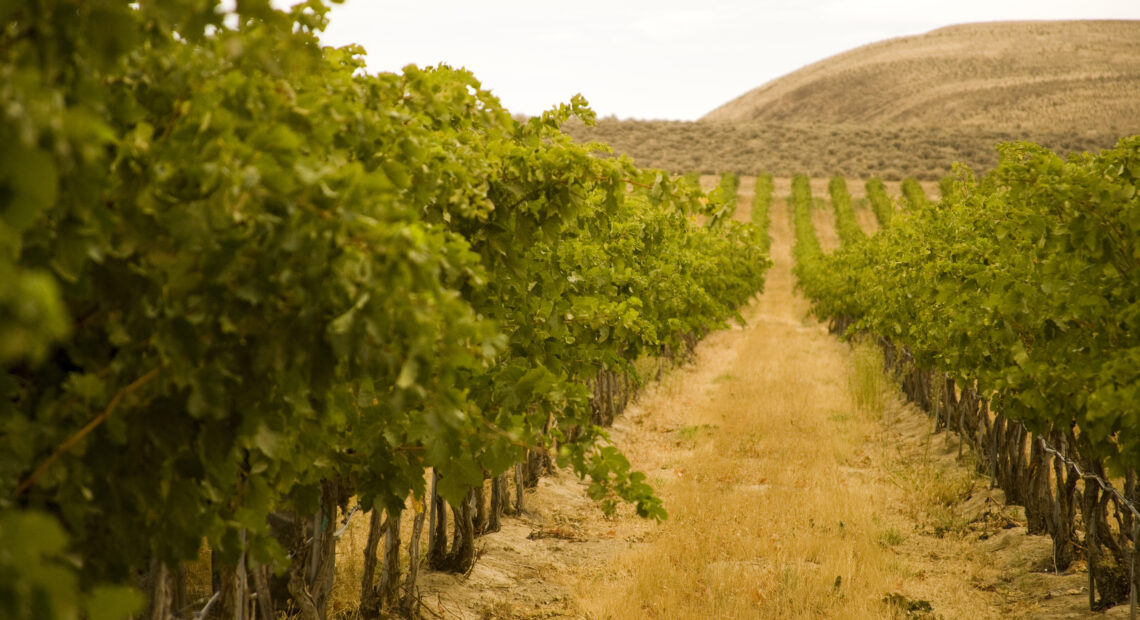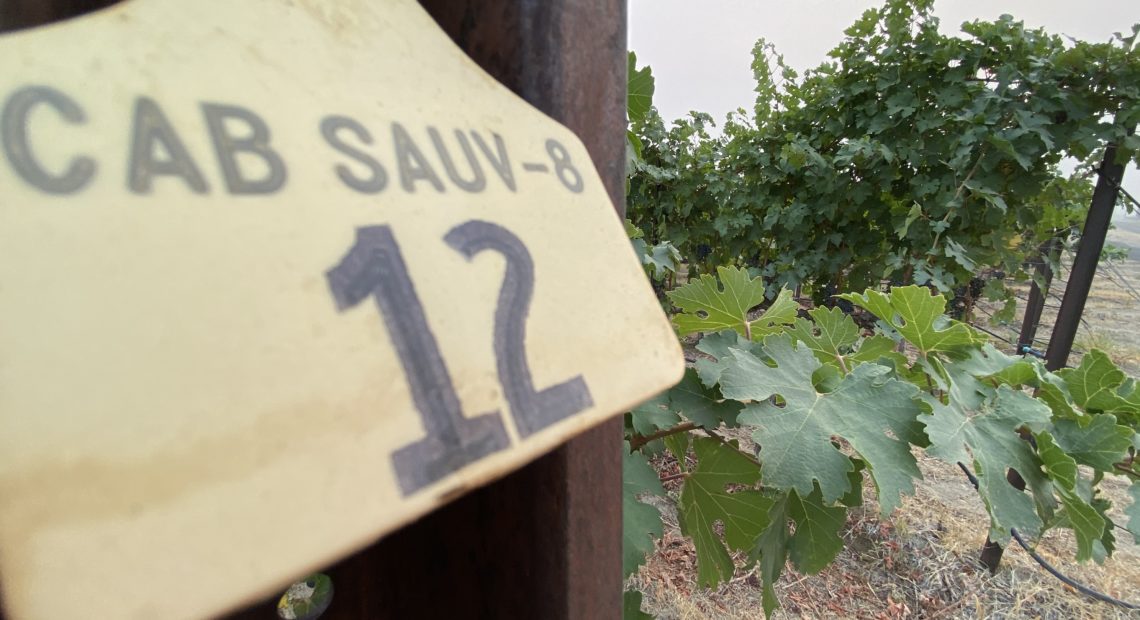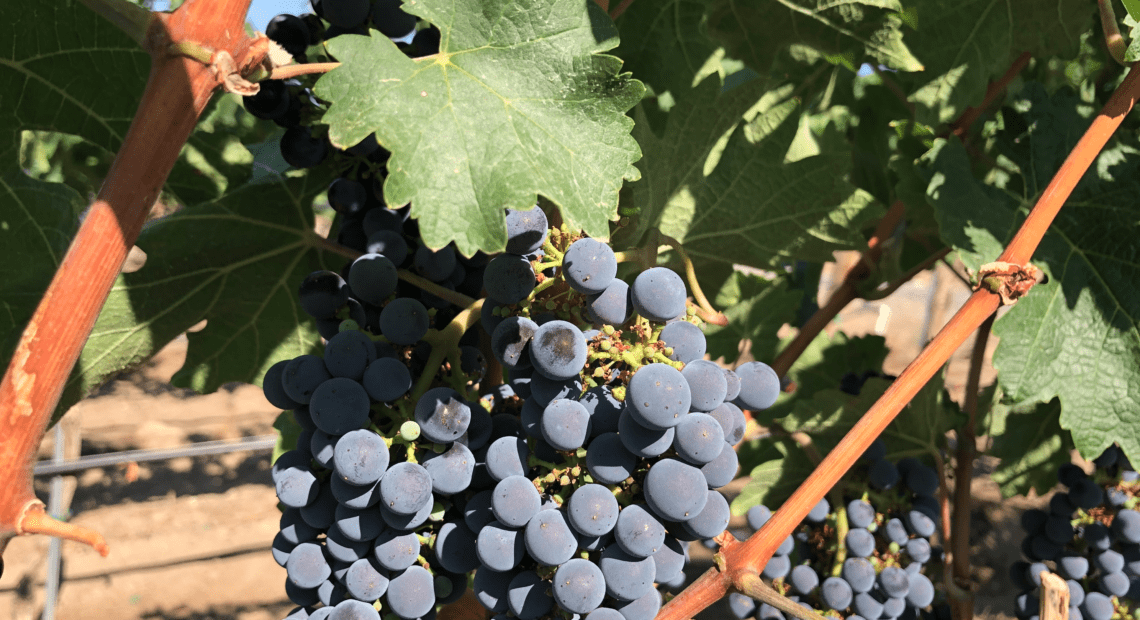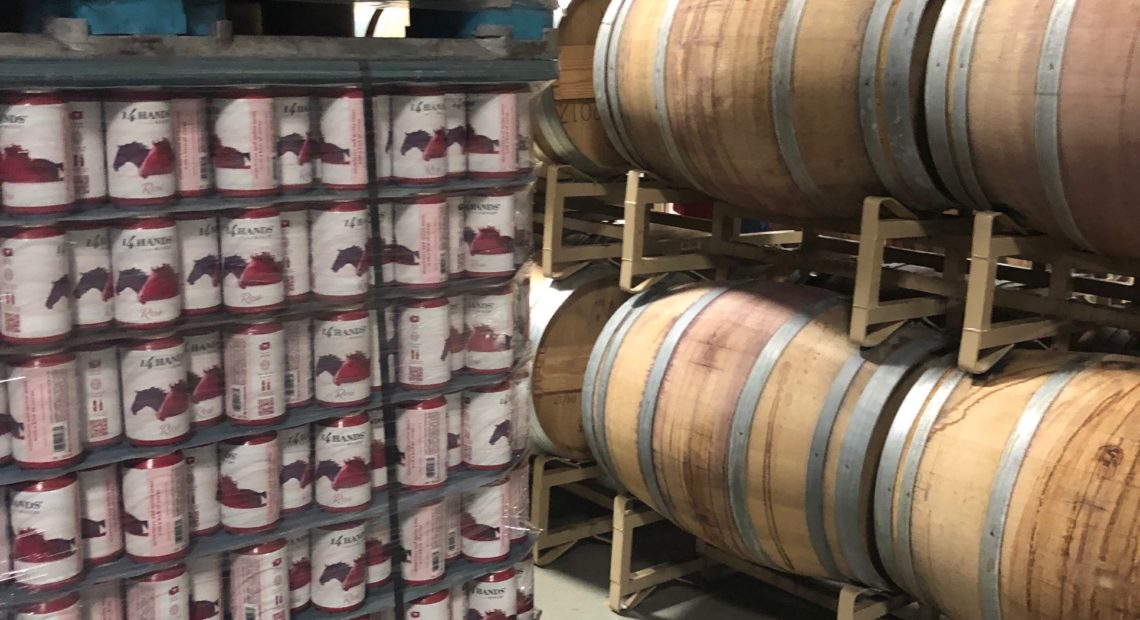Investigadores están desarrollando revestimientos especiales para proteger los vinos del noroeste de cualquier sabor a humo.Read More
Pinot noir grapes at Oregon State University’s Woodhall Vineyard undergoing smoke experiments. (Credit: Sean Nealon / OSU) Listen (Runtime :54) Read Researchers are developing special coatings to protect Northwest wines […]Read More
Northwest wine industry leader, Ste. Michelle Wine Estates, dumps about 40 percent of its contracts with Washington growers. (Photo courtesy of Ste. Michelle Wine Estates.) Read The massive Northwest wine […]Read More
When wineries release their new vintages to the public it’s often called “Spring release.” Those bottlings have been cooped up all winter aging. So have winter-weary patrons. Those who are fully vaccinated against COVID-19 are stepping out to wineries and meeting in small groups both outdoors and in. Read More
Even if a wildfire doesn’t burn a vineyard, smoke can get into grapes. Smoke taint tastes like a small bit of ashtray, creosote post or burnt tires — so it’s not desirable in your pinot or merlot. Read More
Across the Northwest, there are too many wine grapes and not enough demand. It started with an overly optimistic industry planting too much. Then came the coronavirus pandemic. Now, vineyard managers and wineries are being forced to think creatively to cope with 2020’s bumper crop. Read More
Just in the last year, the wine-in-can category has grown by more than 100 percent across the nation, measured by volume of units sold.
The third largest winery in the nation is Ste. Michelle Wine Estates, based in Woodinville, Wash. Now, it’s pouring huge amounts of juice into aluminum cans under its 14 Hands brand. Read More

